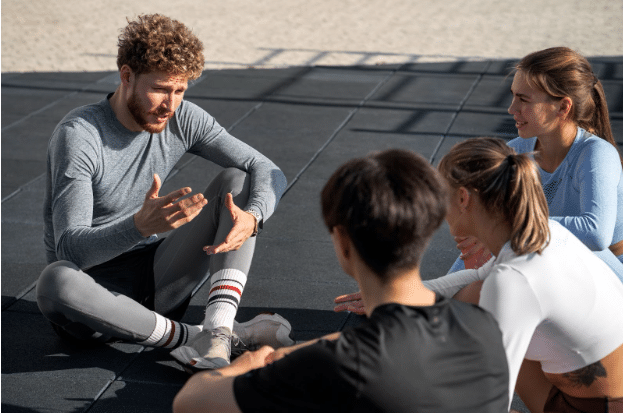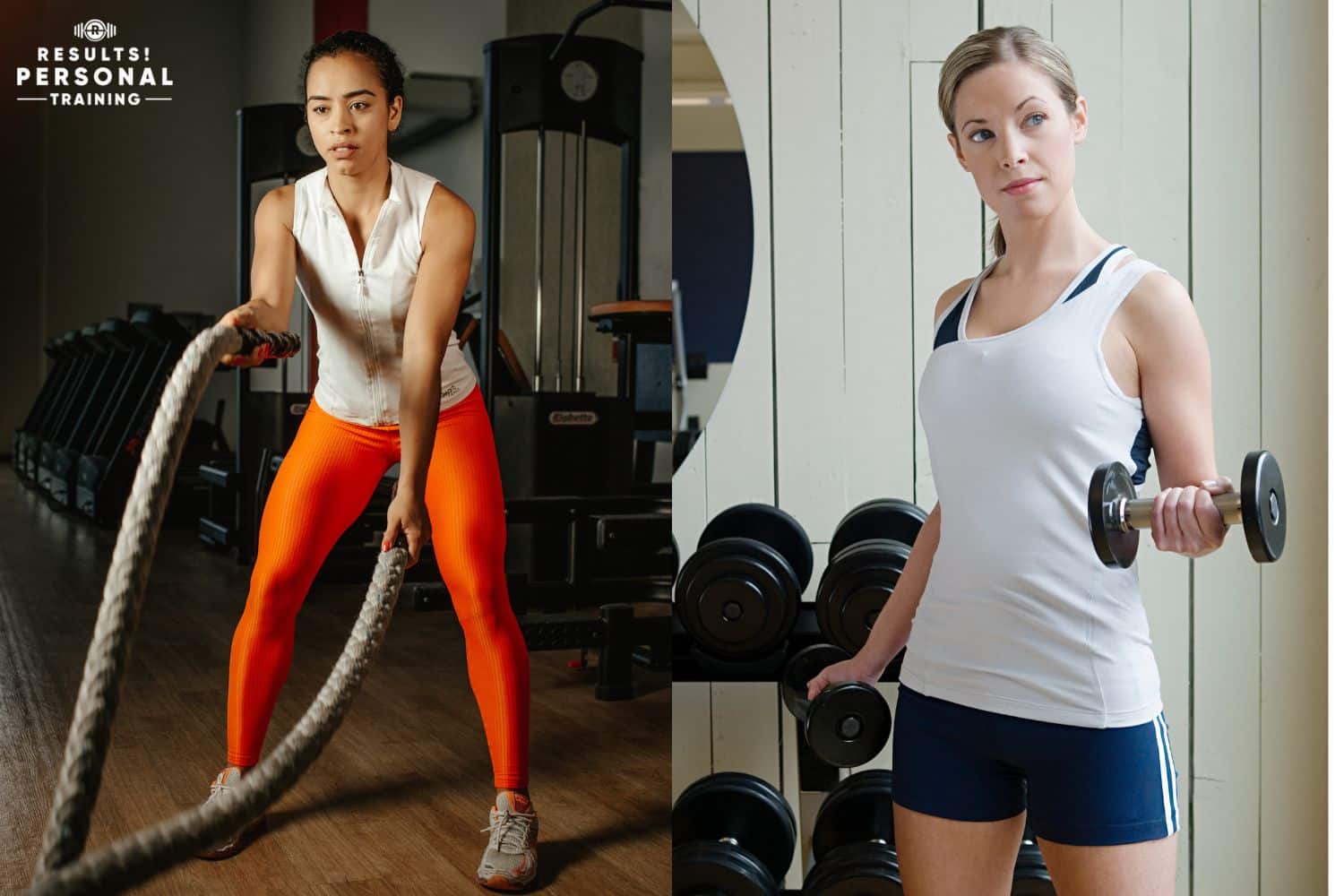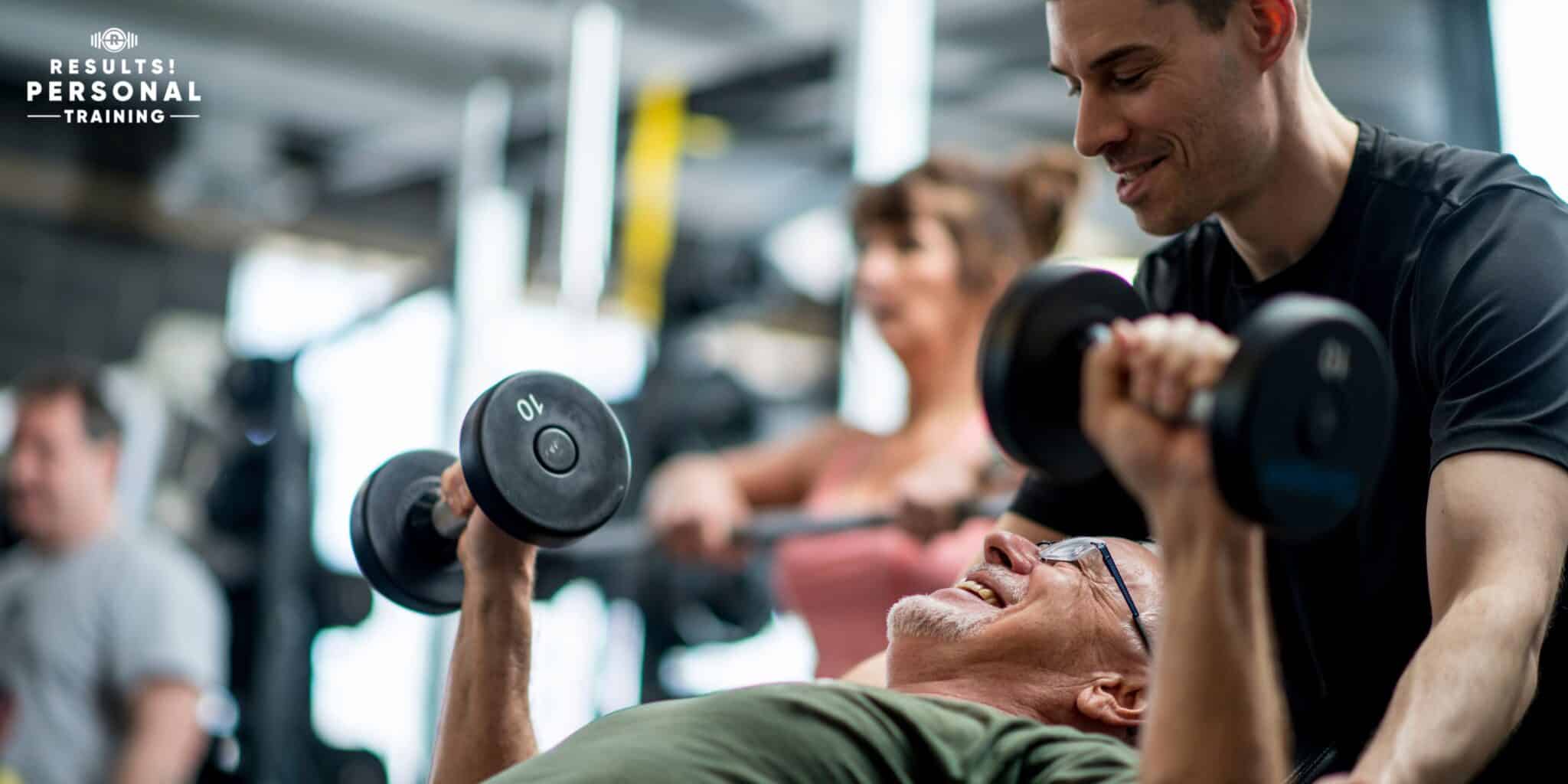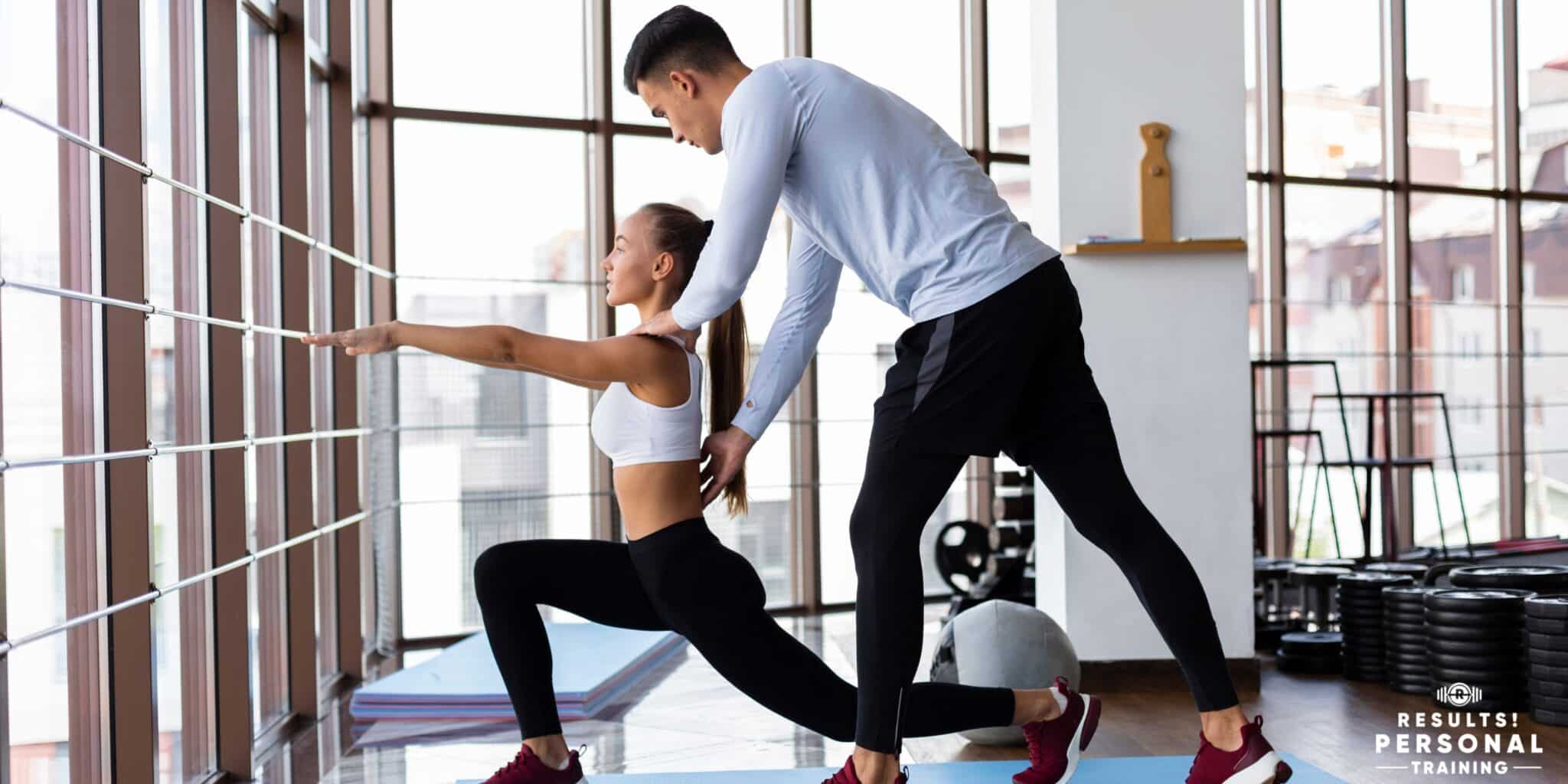Recovering from a sports injury is a complex journey that extends far beyond physical rehabilitation—it demands psychological resilience, strategic progression, and expert guidance. For many athletes and fitness enthusiasts, the road to full recovery is riddled with uncertainty: How do you rebuild strength without risking re-injury? How do you regain confidence in your body’s ability to perform? These are not questions to face alone. In recent years, gym personal trainers have emerged as critical allies in post-injury recovery, filling the gap between medical clearance and peak performance. By offering structured support, personalised exercise plans, and consistent encouragement, a trainer helps guide you through recovery with a focus on rebuilding strength, improving mobility, and gradually restoring your confidence.
This guide will help you get a better understanding of how these injuries affect you and in what ways a personal gym trainer can help to make this process easier. So, let’s get started!
How Sports Injuries Affect Your Body, Mind, and Motivation

The sports injuries can have numerous effects on your body, like:
Disruption of Routine and Physical Conditioning
An injury can abruptly interrupt your routine, leading to a rapid decline in overall physical fitness. Within just 2–4 weeks of inactivity, there’s a noticeable drop in muscle strength and VO₂ max—the body’s capacity to use oxygen during intense exercise. Prolonged rest can also result in muscle atrophy, joint stiffness, reduced mobility, and a slower recovery process.
Hormonal and Other Changes During Recovery
Your injury can also alter the hormonal balance, including drops in endorphins and serotonin, which are essential for mood regulation. Your cortisol levels may also increase due to pain and inactivity, resulting in less release of melatonin and leading to sleeplessness.
Emotional Stages of Recovery: Denial to Acceptance
Recovery from a sports injury is often portrayed with the help of the five stages of grief:
- Denial,
- Anger,
- Bargaining,
- Depression, and
- Acceptance.
In the beginning, you may resist resting or even underestimate the severity of your injury, and then over time, you get frustrated with everything. You start to alter your life according to your unjust, and the wave of sadness finally hits you before you accept the truth.
Body Image and Confidence Issues
When your injuries make you gain weight, lose muscles, or even get visible swelling, it leads to diminished confidence, body dissatisfaction, and lowered self-esteem, which can further delay mental readiness to return to training.
Social Withdrawal and Loss of Athletic Identity
Many athletes, when they are unable to be away from their teammates or an active workout environment, can lead them to be socially isolated. This further impacts the overall well-being and support system of the person.
The Role of a Gym Personal Trainer in Accelerating Recovery

A certified gym personal trainer will help you accelerate your recovery process and regain your self-esteem by using various techniques and strategies that doctors support:
Safe and Effective Exercise Strategies for Injury Recovery
A personal trainer would assess the type and severity of your injury; it could be a ligament tear, strained muscle, or a postoperative condition, and then design an exercise plan that will promote healing without aggravating the injury. Most of these plans (depending on the injury) include practices like:
Gradual Load Management
Load management is strategically varying training intensity and volume to optimise performance and minimise injury risk, which is one of the most difficult things after returning from a sports injury. A personal trainer monitors your strength, endurance, and mobility levels and gradually reintroduces you to weights and resistance training.
Muscle Imbalance Correction
When you are going through a recovery after an injury, the rest of your body parts and muscles tend to overcompensate to maintain the balance, but when you are to use the injured muscle again, the balance needs to be corrected. In the gym, the fitness trainer will pay special attention to these aspects and help your muscles work up the right amount.
Support with Cross-Training
A qualified gym personal trainer plays a critical role in maintaining fitness during injury recovery through structured cross-training. By designing low-impact, injury-specific routines—such as swimming, cycling, or resistance band exercises—they help preserve cardiovascular endurance and muscle tone without aggravating the injured area. Cross-training also stimulates endorphin release, which not only helps manage pain but also reduces stress and supports emotional well-being during recovery
Overcoming Mental Barriers After a Sports Injury
Rebuilding confidence through guided movement
A structured sports injury training plan led by a professional trainer helps you gradually regain trust in your body. As you progress safely through exercises tailored to your recovery, you begin to see improvements in strength, mobility, and function, restoring your confidence and boosting your self-belief.
Improving the structure of your body during exercises
Sometimes, when you don’t know what to do next or how to do the exercise, you tend to get anxious. A personal trainer makes sure that you are never in that situation and gives you support and direction throughout the session.
Challenging Negative Thoughts with Positive Reinforcement
Injury recovery can be discouraging, especially when progress feels slow. Trainers provide emotional support, celebrate your small wins, and track your progress using measurable data. This helps replace negative self-talk with objective, positive reinforcement that keeps your motivation and morale high.
Nutrition: How to Fuel Your Comeback the Right Way
A certified personal trainer plays a crucial role in your recovery by leveraging their specialised knowledge in nutrition. They provide you with a customized diet plan designed to stimulate healing. This includes emphasising protein-rich foods to support muscle and tissue repair, anti-inflammatory options to help reduce inflammation and accelerate healing and hydration strategies to maintain cellular function, support joint lubrication, and improve overall recovery.
Rebuild Confidence with Our Personalised Recovery Plan
Get ready to recover and build your confidence again with a professional trainer. At Results! Personal Training, we specialise in helping you recover from sports injuries with personalised recovery plans. Our Rehabilitative Training Program is designed to speed up your recovery, prevent relapses, and help you regain strength and mobility. Book your trial session today, which includes goal setting, body assessments, and a customised workout to evaluate your fitness level and movement patterns. Start your recovery journey and get back to doing what you love!




















